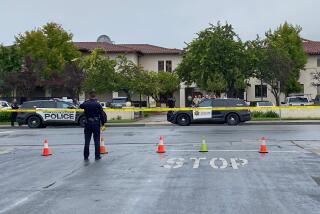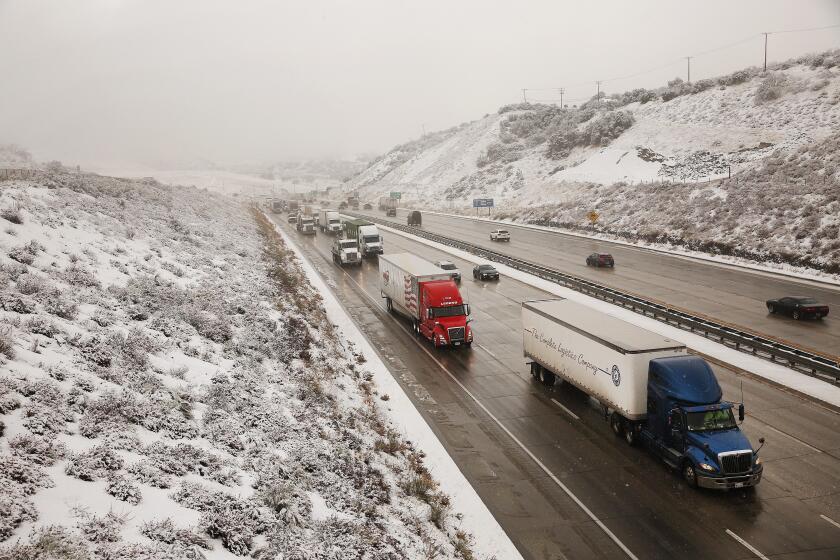Asleep at the switch?
The Federal Aviation Administration sets rules for what kinds of work shifts pilots can safely fly. The Federal Motor Carrier Safety Administration regulates hours for truck drivers. So why doesn’t the Federal Railroad Administration have the authority to do the same for train engineers and other rail workers whose alertness is vital to safety?
Investigators might never know whether fatigue contributed to the fatal errors made by Robert M. Sanchez, the engineer of the Metrolink train that hit a freight train Sept. 12, killing more than two-dozen people. But the dangerous consequences of long work shifts without meaningful rest breaks for people in jobs that require constant attention are well documented. Two federal bills would impose more reasonable shifts for rail workers, but the Bush administration has a better idea: Instead of Congress micromanaging transit workers’ time sheets, let the railroad agency set the rules.
According to Times reports, Sanchez began his workday shortly before 6 a.m. and worked until 9:30 a.m. Then he received a 4 1/2 -hour break before beginning a seven-hour shift that ended at 9 p.m. Even assuming that he could get home within half an hour of ending his night shift, that he spent no time on dinner or relaxation, that he could fall asleep immediately and didn’t bother showering or brushing his teeth when he awoke, he would have gotten a bare eight hours of sleep before having to start his commute to work in the morning. Sanchez was nearing the end of five back-to-back split shifts when he apparently ignored three signals warning him of the freight train ahead.
Metrolink, which fought off previous efforts to make rail workers’ schedules more reasonable, should be leaping to support the latest efforts. Yes, it will cost more money to hire workers for both the morning and evening rush hours, and those costs will be passed on to passengers. Perhaps, as Metrolink executives have predicted in the past, that will reduce ridership -- but not nearly as much as a perception that trains are dangerous and that Metrolink is doing nothing to make them safer.
Both the House and Senate have passed versions of rail-safety bills that would improve railroad employees’ schedules, but these would only continue a system under which it takes a literal act of Congress to tweak work rules to meet changing conditions. The Bush administration has proposed empowering the Federal Railroad Administration, which could act far more nimbly than Congress, to regulate work shifts. Too bad this sensible idea hasn’t gained any traction.
More to Read
Sign up for Essential California
The most important California stories and recommendations in your inbox every morning.
You may occasionally receive promotional content from the Los Angeles Times.










